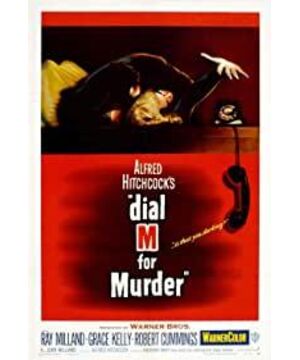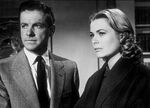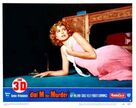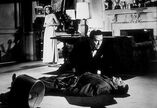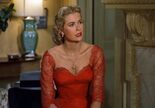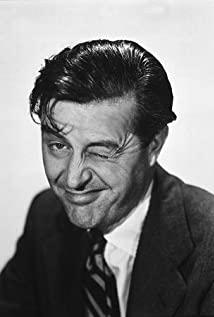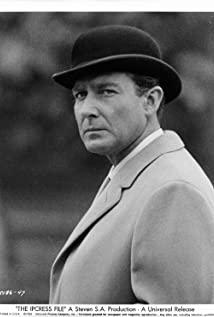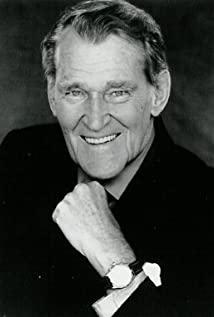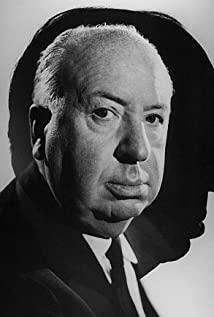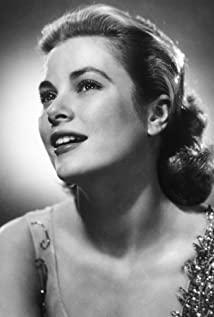Hitchcock is undoubtedly the master of classical editing and mise-en-scene in film history. Editing is the logical basis of a film, and classical editing is the great breakthrough of the image from the original function of recording the picture to the conscious narrative. Of course, this is not Hitchcock's credit, but why Xi Fat is called a master of suspense, precisely because he uses classical editing and scene scheduling very well, and even has a strong personal style. And where does Xi Fatt's suspense come from? It's not the thrilling storyline of an excellent script itself, but where Xi Fatty understands where people's fears come from? Simply put: unknown, curious. And the direct presentation is obviously not fear, but complete shock. Therefore, the most successful point of Xi Fat to capture the audience is psychological suggestion. How to achieve psychological suggestion depends on his various pioneering editing techniques and carefully arranged scene scheduling. This will not go into detail. To give a simple example, in "Psychopath", after the heroine puts the twenty thousand dollars in her bag, she first promises the boss to deposit it in the bank immediately, but the heroine returns to the bedroom as soon as the camera changes, and the bag is placed on the bed. Give a close-up of 20,000 dollars in the bag, then a medium shot of the heroine packing her luggage, and then a close-up of 20,000 in cash. The heroine looks at the close-up of the cash while packing her luggage. The editing of this group of shots can give the audience a very vague psychological hint, is the heroine going to abscond with money? But I couldn't be sure, so Xi Fat achieved his goal at this time - leading the audience by the nose. Similar editing techniques can also create terrifying psychological cues. The scene scheduling is Xi Fatt's big move to create a terrifying atmosphere. The famous shower shots and airplane chase shots are typical illustrations. Hitchcock considers himself a paranoid formalist, in fact, in my opinion, he is a pseudo-formalist, because the precise arrangement of the scene and the almost crazy control of the film style are aimed at making the formal. Horror transformed into real horror, real, almost fantasy, he did not intervene in the film and was in the position of bystander's record, isn't this also the principle pursued by realists? So Xi Fat is not a contradictory film master, because except for a very few directors, no director is an absolute formalist or realist. Xi Fat just uses formalism to make the movie look realistic and credible, thereby increasing the horror The rationality of emotional triggers, the audience is either caught off guard, or very terrified. After talking for a long time, it seems that I haven't talked about the movie "Phone Murder". No reasoning is flawless, and this is also the case. But the angle of "Telephone Murder" is ingenious. At the beginning, the entire seemingly seamless plan was completely exposed to the audience, but the audience had to watch the plan go bankrupt step by step. "The Invisible Guest" is just the opposite of narrative thinking. The latter is the beginning of the audience being confused, and then step by step to find that a seamless plan has been completed. The two films are typically fast-paced inferences, assumptions, and psychological games. The audience will consciously choose a position in the process and develop sympathy for that character, so the climax of the same movie will be different for different audiences. And in the process of following the director's reasoning, he enjoys the pleasure and sense of achievement of IQ improvement, and the film masters who are good at suspense films definitely have a lot of research on psychology, so that the ups and downs of the film plot can stand up to the scrutiny of human nature. Take Hitchcock, whose films use Freudian psychoanalysis more than once or twice.
View more about Dial M for Murder reviews


